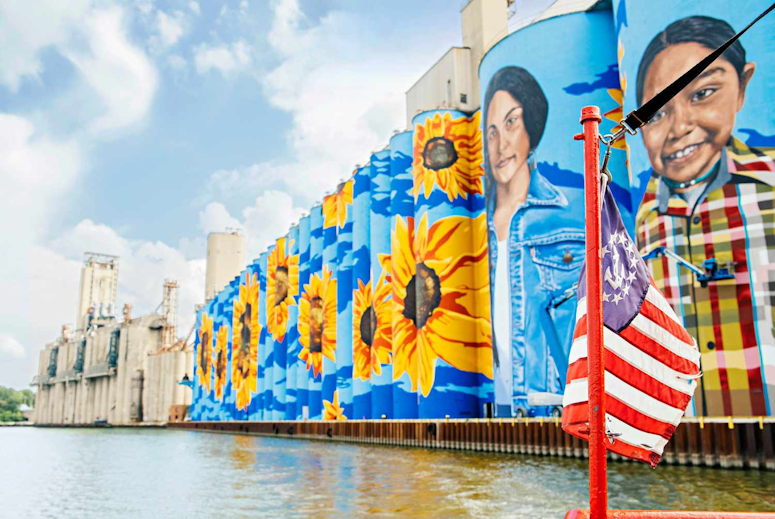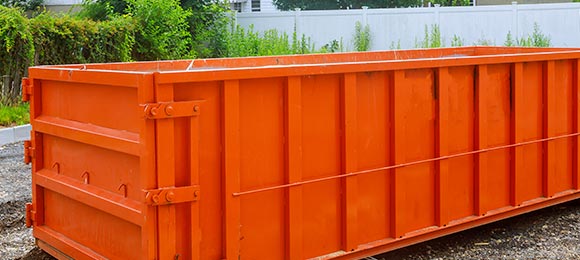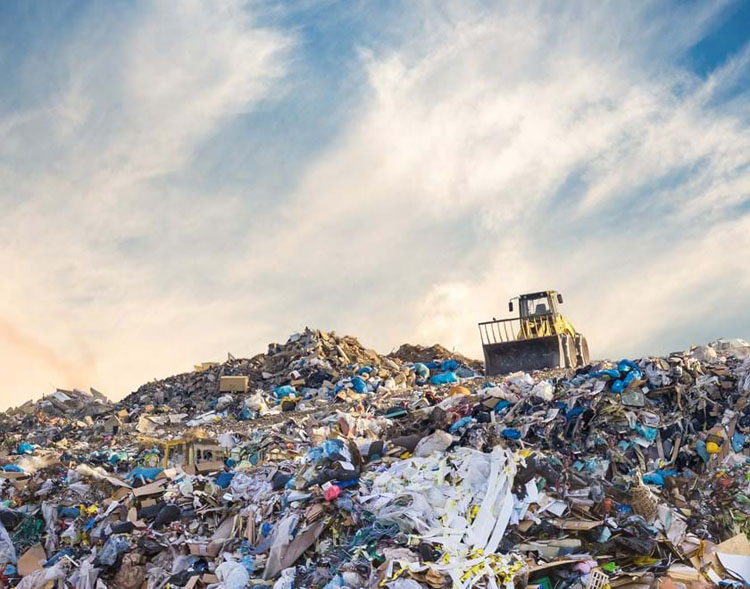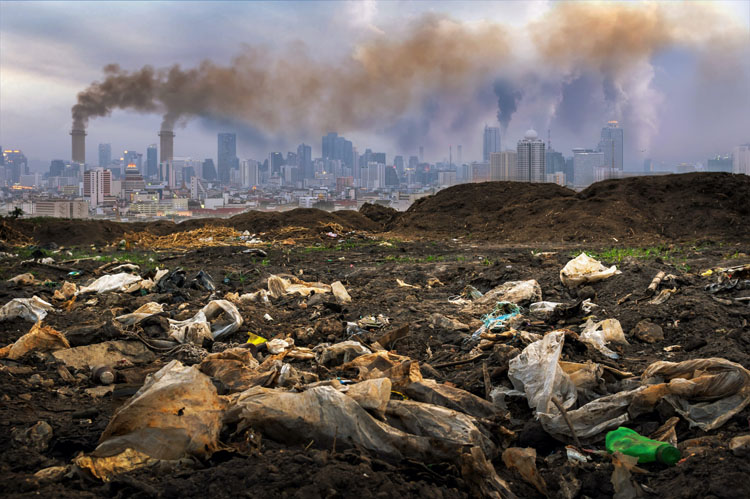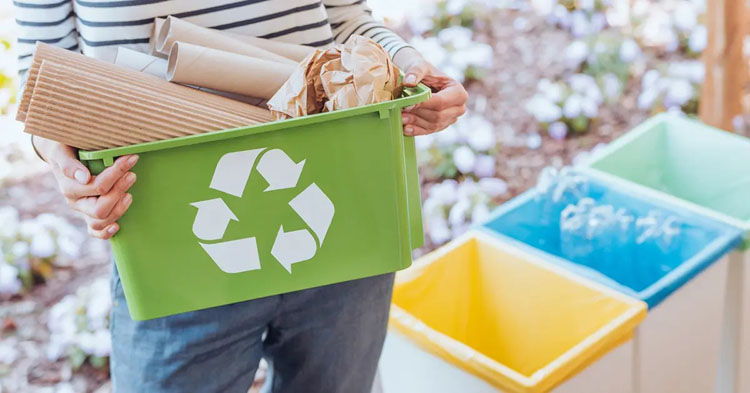
View of plastic bottles for recycling at La Sylvia recycling center in Barva, province of Heredia, Costa Rica on June 20, 2018. - Costa Rica discards 564 tons of plastic per day of which only 14 are recycled, according to the Ministry of Health's Office of Environmental Health in charge of waste management in the country. Since April 2018, a program seeks to stimulate recycling by giving value to waste through the exchange of it for a virtual currency that allows users to make purchases at stores linked with the initiative. (Photo by EZEQUIEL BECERRA / AFP) (Photo credit should read EZEQUIEL BECERRA/AFP/Getty Images)
Plastic, omnipresent in our modern lives, represents one of the most pressing environmental challenges of our time. With millions of tonnes of plastic produced each year, the need to find sustainable solutions to manage this environmental crisis is becoming more and more pressing. This will decrease the need for dumpster rentals and reduce the load of junk going to landfills in Pennsylvania!
Fortunately, thanks to technological advances, new solutions are emerging to revolutionize the way we recycle plastic in Pittsburgh.
Chemical recycling
Chemical recycling represents a major advance in the management of plastic waste. Unlike traditional mechanical recycling, which involves melting and reshaping plastic, chemical recycling breaks down plastic polymers. This approach allows for the recycling of a wider range of plastics, including multi-layered and contaminated plastics, which were previously considered non-recyclable. Companies across Pennsylvania are investing in promising chemical recycling technologies, paving the way for a more sustainable circular economy.
Automated sorting using artificial intelligence (AI)
Efficient sorting of different types of plastic is essential for efficient recycling. The introduction of artificial intelligence (AI) into recycling centers has revolutionized this process. AI systems equipped with advanced sensors can automatically recognize and sort different types of plastic with impressive precision. This technology reduces labor costs and speeds up the sorting process, helping to make plastic recycling more profitable and efficient.
Bioplastics
Bioplastics offer an environmentally friendly alternative to traditional petroleum-derived plastics. Made from renewable raw materials such as corn, sugar cane or agricultural waste, bioplastics have the advantage of decomposing more quickly in the environment. Additionally, some bioplastics are biodegradable, reducing their overall environmental impact. Advances in bioplastics research and development are paving the way for significantly reducing our reliance on petroleum-based plastics.
3D printing from recycled plastic
3D printing offers an innovative approach to reusing recycled plastic. By transforming plastic waste into filaments that can be used for 3D printing, this technology enables the creation of durable, personalized objects while reducing the amount of plastic sent to landfills. Initiatives around the world are exploring this creative method to give new life to plastic waste, demonstrating the potential of 3D printing in promoting a circular economy.
Plastic degrading bacteria
The discovery of bacteria capable of degrading certain types of plastics offers new perspectives for biological recycling. These microorganisms can break down plastic polymers into simpler components, paving the way for more sustainable and environmentally friendly recycling methods. Although this technology is still in the development phase, it offers immense potential to solve the problem of plastic pollution in the long term.
Spectral analysis for precise sorting
Spectral analysis technologies enable more precise sorting of plastics based on their chemical composition. Using techniques such as near-infrared spectrometry (NIR), recycling centers can identify and sort plastics in real time, improving the efficiency of the recycling process. This approach reduces sorting errors and allows for more efficient recovery of recyclable materials, thereby helping to promote a circular economy.
Blockchain networks for traceability
Blockchain networks offer an innovative solution to ensure traceability and transparency throughout the plastic recycling chain. By recording transactions and movements of materials on a decentralized and secure platform, blockchain makes it possible to follow the journey of plastic waste from its initial collection to its final recycling. This increased transparency promotes more effective management of plastic waste and builds consumer confidence in recycling practices.
According to Mike Farr, CEO of Pittsburgh Dumpster Rentals HQ, these advances require political support, investment and increased awareness to maximize their impact. By collaborating at all levels, we can transform plastic into a valuable resource, contributing to a sustainable circular economy.

